One of the first articles we have in this magazine is on prevention being key to tackle Australia’s chronic disease epidemic, an article put out by the Royal Australian College of GPs, and a topic that is central to what The Art of Healing is all about – self-care. We have more on how digital technology is adversely affecting our children, including their emotional development, appearance-led social media content continuing to impact body image, and online sexual abuse which is now estimated to be 300 million children globally. A lot more on dementia too: olive oil helpful to lower risk, lifestyle changes also may reverse it, a new first-of-its-kind test that can predict dementia 9 years before diagnosis, and a wellbeing approach to distress in residential care homes “that honours the humanity and unique experiences of people living with dementia” by Dr Allen Power. We have a feature article on Long Covid to by Professor Steven Faux who is currently the Director of Pain Medicine at St Vincent’s Hospital in Sydney, and some wellness travel reviews on retreats/spas in Bali. If you are unsure what neurodiversity is or why it matters, we also have a good Q&A with Gretchen Hillhouse who specialises in this area. Our book extract this issue is from The Chocolate Bar by Danielle Colley and entitled The Fairytale of Doing It All – something we think most of us can relate to these days. And one of the quotes we share: True humility is staying teachable, regardless of how much you already know.
The Art of Healing
CONTRIBUTORS
EDITOR’S NOTE
Prevention is Key to Tackle Australia’s Chronic Disease Epidemic • Patients need more affordable chronic disease care - that’s the message the RACGP is sending the Federal Government in response to consultation on the new National Strategic Framework for Chronic Conditions.
Radical New Therapy Could Rapidly Reverse Sepsis in the Brain • A ‘megadose’ of a salt made from vitamin C may reverse the extensive harm sepsis can trigger in the brain, according to a new study.
FINDING THE RIGHT PERSON • There has been a large increase in the number of people looking to rent in a share house. This doesn’t come as a surprise in these uncertain times when people living on their own may want to change their situation because of loneliness, or in order to save money. If you own your home, and your house or apartment has extra space, then inviting somebody to share your place has benefits you should consider.
Digital Devices Hinder the Emotional Development of Children • In recent years, giving children digital devices to control their responses to emotions, especially if they’re negative, has become common.
Olive Oil Tied to Lower Risk of DementiaRelated Death • Even a small amount every day reduced the odds of dying with dementia by 28 percent, a new study has found.
Intensive Lifestyle Changes May Reverse Early Alzheimer’s Symptoms • Some people with mild cognitive impairment or early dementia due to Alzheimer’s disease may be able to improve their brain function and daily lives by radically overhauling their lifestyle habits, a small study suggests.
Miniscule Plastic Pieces Found In Testes • Human testicles may contain high concentrations of microplastics and nanoplastics, substances that can interfere with the reproductive system, a new study suggests.
Butterflies Can Make Epic Ocean Voyages • A world-first study has shown that the painted lady butterfly (Vanessa cardu) can cross the Atlantic, covering 4,200 kilometres (2,610 miles) in as little as five days.
Preventing Aged Care Workers From Taking On The Trauma Of Residents • In many professions, the physical signs of work are visible. Carpenters might have rough hands and chefs often get burns and cuts from the kitchen. However, in the aged care sector, the marks left by work are not so easily...
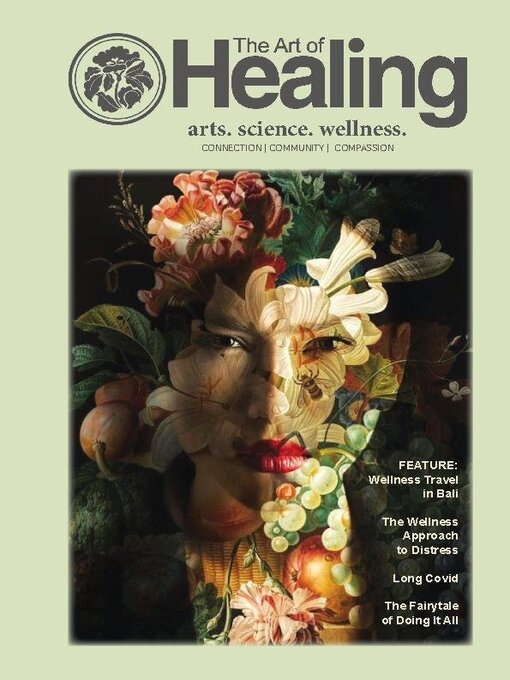
 Vol 3 Issue 88
Vol 3 Issue 88
 Vol 2 Issue 87
Vol 2 Issue 87
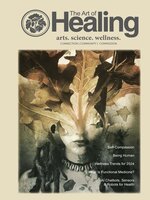 Vol 1 Issue 86
Vol 1 Issue 86
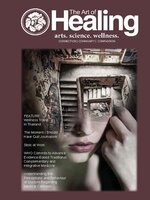 Vol 4 Issue 85
Vol 4 Issue 85
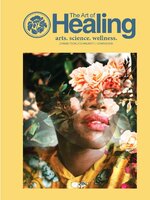 Vol 3 Issue 84
Vol 3 Issue 84
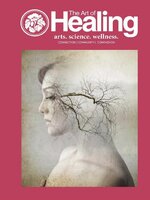 Vol 2 Issue 83
Vol 2 Issue 83
 Vol 1 Issue 82
Vol 1 Issue 82
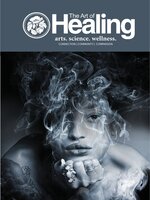 Vol 4 Issue 81
Vol 4 Issue 81
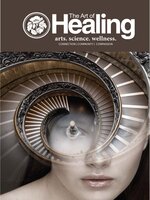 Vol 3 Issue 80
Vol 3 Issue 80
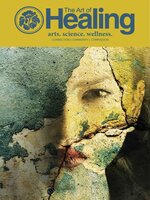 Vol 2 Issue 79
Vol 2 Issue 79
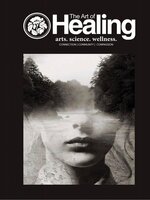 Vol 1 Issue 78
Vol 1 Issue 78
 Vol 4 Issue 77
Vol 4 Issue 77
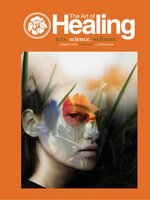 Vol 3 Issue 76
Vol 3 Issue 76
